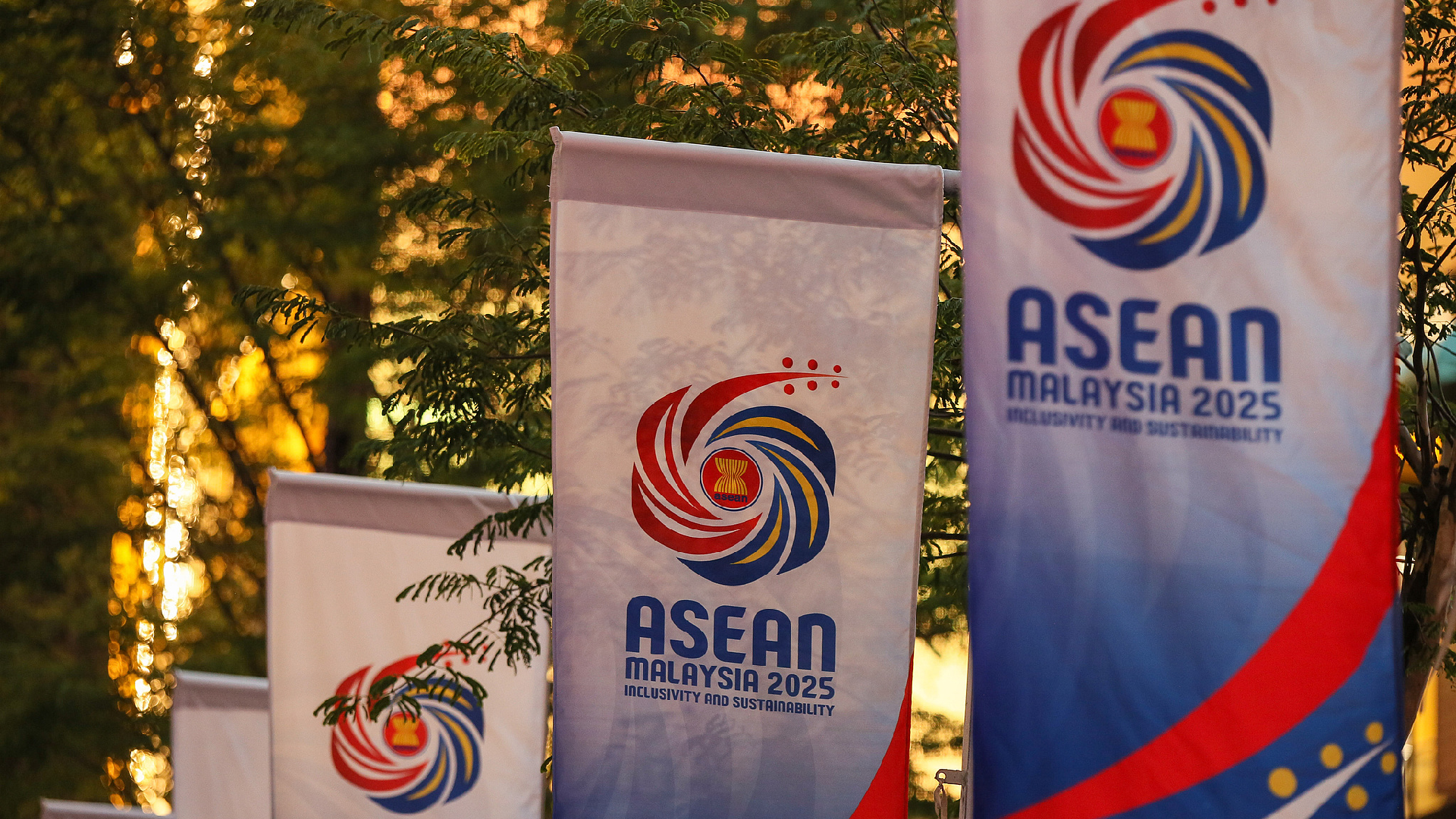Chinese Premier Delivers Keynote Speech at ASEAN-China-GCC Summit Highlighting Strategic Partnerships
Chinese Premier delivers key remarks at ASEAN-China-GCC Summit, highlighting new economic cooperation initiatives.

Chinese Premier Li Qiang delivered a keynote address at the ASEAN-China-GCC Summit held in Kuala Lumpur on Tuesday, underscoring the significance of enhanced regional cooperation amid global uncertainty. The summit, hosted by Malaysia and attended by leaders from the Association of Southeast Asian Nations (ASEAN) and the Gulf Cooperation Council (GCC), marked a historic gathering aimed at building closer economic and diplomatic ties among the three regions.
Premier Li began by commending Malaysian Prime Minister Anwar Ibrahim for his initiative in convening the summit and thanked the Malaysian government for its preparation and hospitality. He highlighted the long history of friendly exchanges connecting China, ASEAN, and GCC countries—dating back to the ancient Silk Road and reinforced in modern times through initiatives such as the Belt and Road. According to Li, the newly established trilateral summit mechanism provides "a groundbreaking initiative in regional economic cooperation" that is well-suited to meet the challenges of today's volatile international environment.
Li drew attention to the combined demographic and economic weight of the three blocs, representing approximately one quarter of the world's population and global GDP. He suggested that enhanced connectivity between their markets could unlock new development opportunities and significant economies of scale. With the conclusion of the China-ASEAN Free Trade Area 3.0 negotiations, Li urged the swift finalization of a China-GCC Free Trade Agreement as a step toward deeper trilateral integration.
Calling for a collaborative approach to economic development, Li stressed that differences in development stages among the countries should be transformed into "complementary strengths." He proposed stronger alignment of national development strategies, greater policy coordination, and specialized industrial collaboration. These efforts, he argued, could set a new model for international cooperation that is more efficient and mutually beneficial.
Li also emphasized the importance of intercultural understanding. He called for deeper people-to-people exchanges and advocated managing differences through dialogue and mutual respect. In particular, he expressed support for new dialogues between Islam and Confucianism and pledged China's readiness to participate in global initiatives that promote cross-cultural learning and solidarity.
Highlighting the need for action beyond vision statements, Li called for joint efforts to promote high-quality Belt and Road cooperation among the three parties. He outlined key focus areas including:
- Infrastructure synergy and connectivity
- Alignment of market rules and payment systems
- Consideration of a regional business council
- Expansion of economic integration
- Collaboration in both traditional sectors like energy and agriculture as well as emerging fields such as AI, digital economy, and green development
To facilitate greater mobility and people-to-people ties, Li announced that China will introduce a special "ASEAN visa," granting five-year multiple-entry permits to qualified applicants from Southeast Asia for business and other purposes. Additionally, a unilateral visa-free policy will be extended on a trial basis to Saudi Arabia, Oman, Kuwait, and Bahrain, effectively covering all GCC member states.
On global issues, Li called for China, ASEAN, and the GCC to set an example by championing equal, open, and inclusive cooperation. He reaffirmed opposition to unilateralism and protectionism, encouraging closer coordination within multilateral frameworks such as the United Nations and a united defense of developing countries’ interests in global affairs.
Quoting President Xi Jinping, Li concluded by expressing confidence that the trilateral cooperation would "produce positive results and deliver more benefits to our people," contributing to peace and development throughout Asia and beyond.
The summit proceedings were held against the backdrop of growing regional interdependence and increasing calls for collective responses to both economic and geopolitical challenges.




